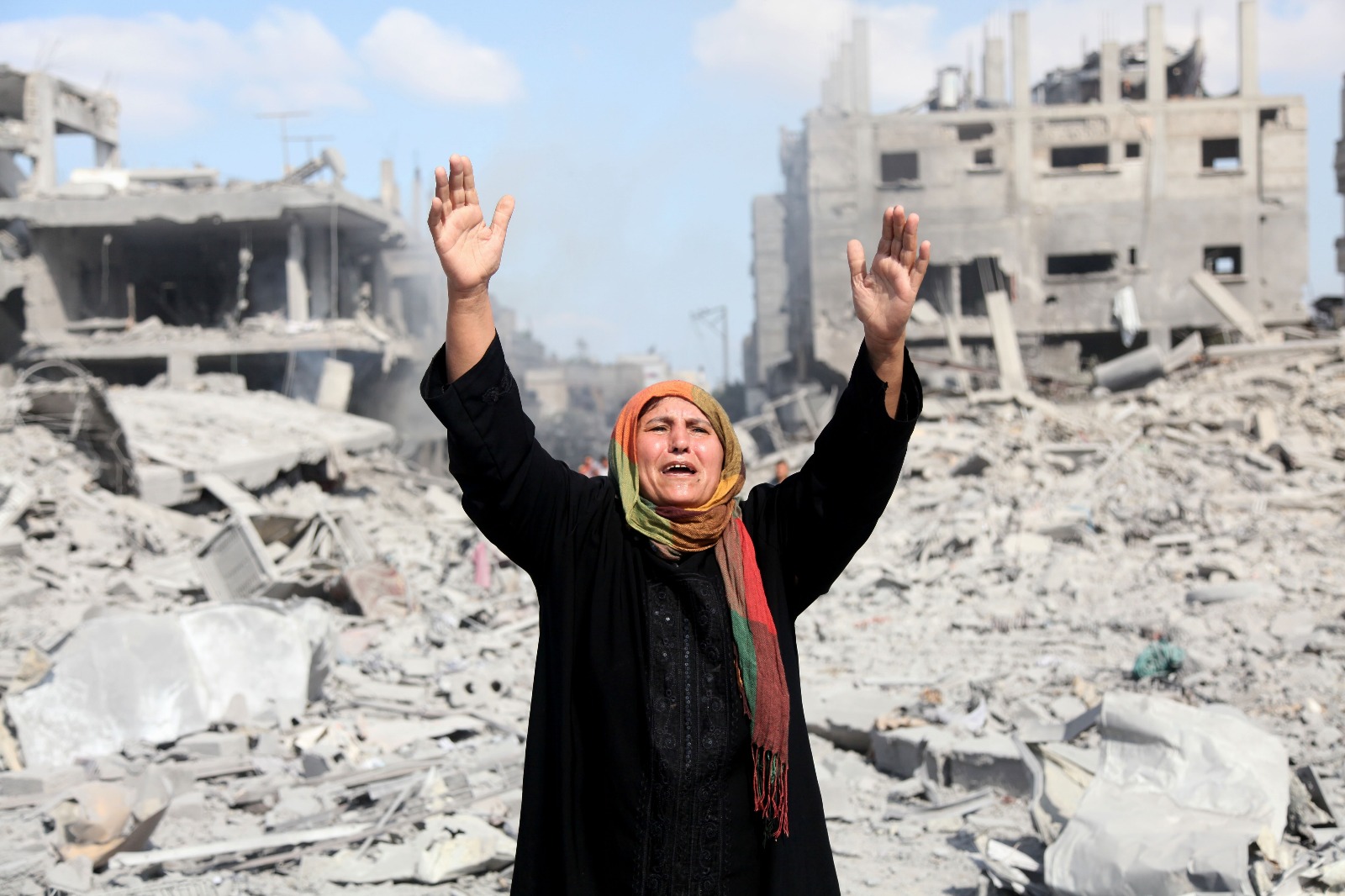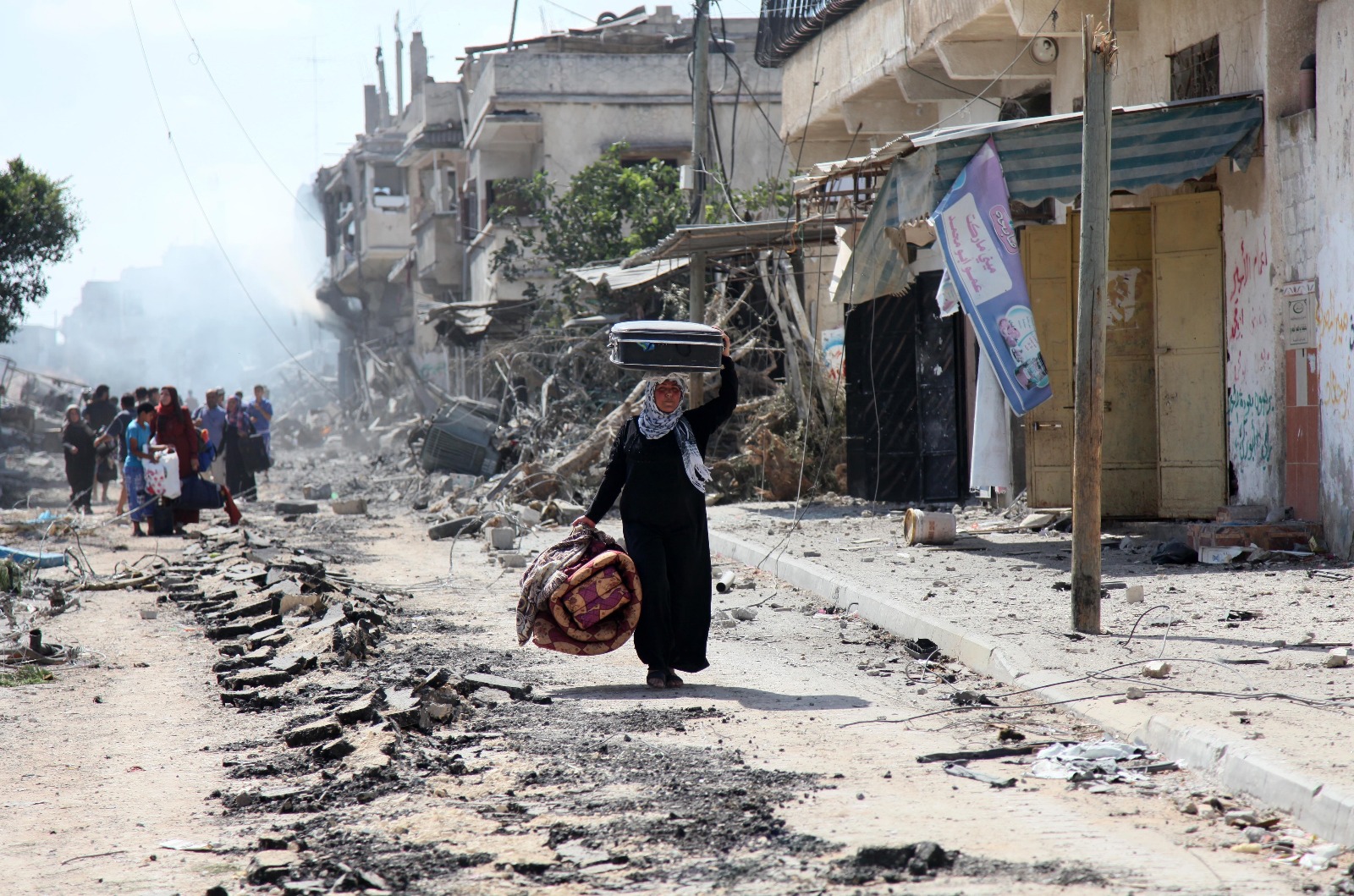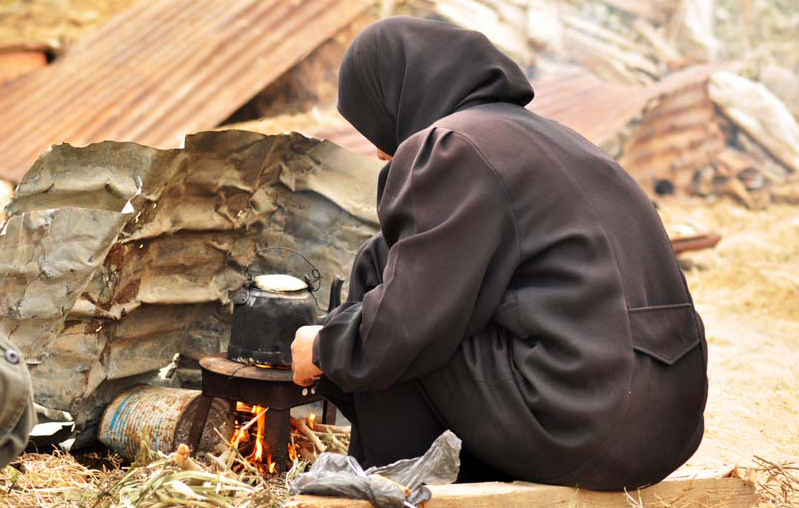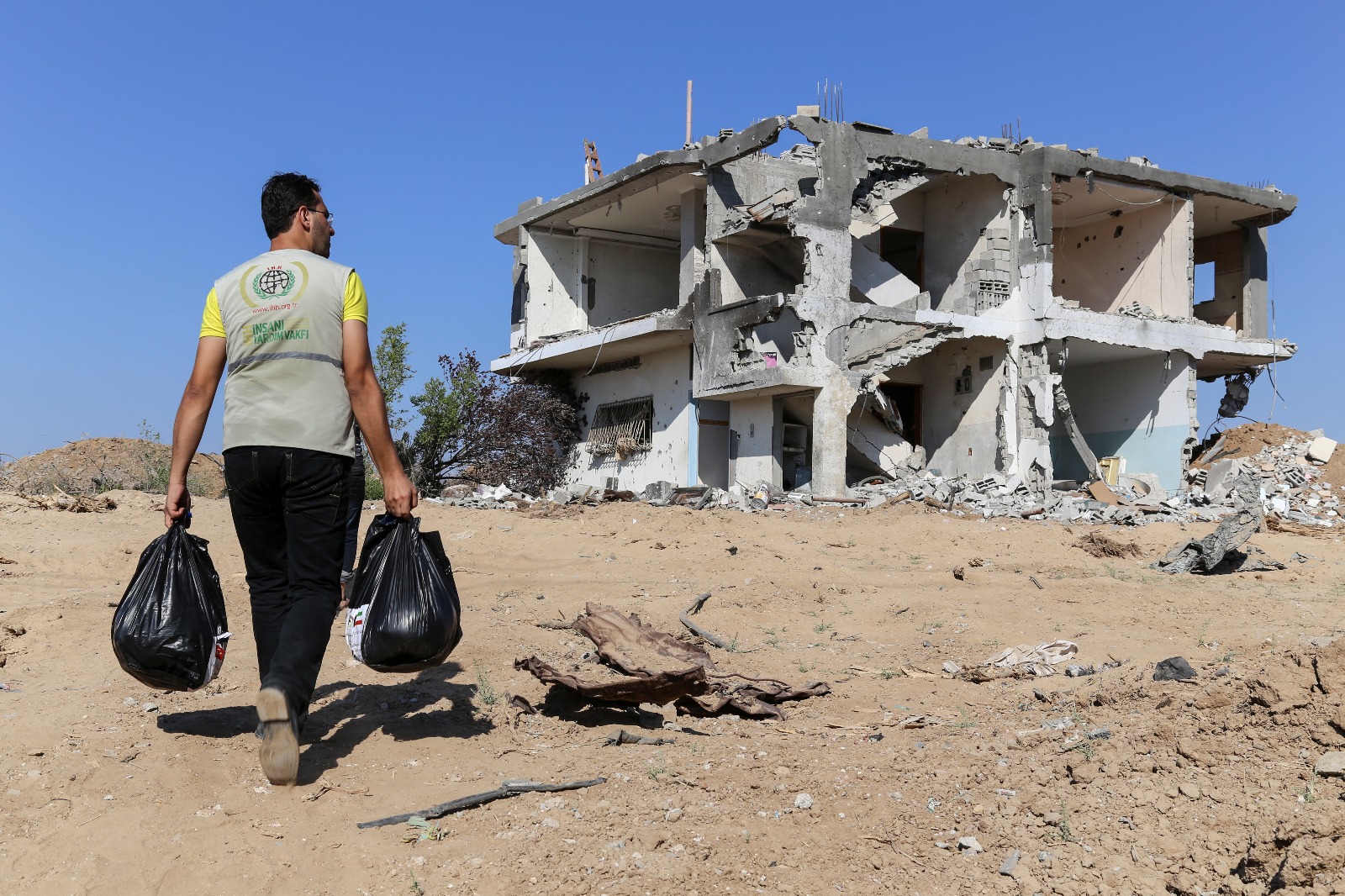 While 5 million Jews were settled on Palestine lands since the Zionist occupation, on the other hand 7 million Palestinians were driven from their homelands.
While 5 million Jews were settled on Palestine lands since the Zionist occupation, on the other hand 7 million Palestinians were driven from their homelands.
The Zionist occupation that began in Palestine with the support of Britain and the USA has continued a hundred years. The Palestine population that only becomes an issue when they suffer new bloodshed or violation of rights still constitutes the largest refugee group in the world. Palestinians who live in refugee camps in many countries including Lebanon, Jordan and Syria can only survive with aid contributions.
IHH, that provides support to Palestinians all over the world, particularly in the Gaza Strip, Jordan and Lebanon, visits these camps with volunteers several times a year. While the necessary aid and assistance is provided during these visits, our volunteers related the scenes they witnessed in their own words.
Gazze yazıp 3072'ye göndererek Gazze şeridindeki mültecilere 5 TL'lik yardımda bulunabilirsiniz.

Ahmet Mercan- Jordan/ 2007
We began our Qurban mission in Jordan’s Beka’a Refugee Camp. We were deeply devastated by the people in the camp and their living conditions. However, when we visited the Gaza Refugee Camp we were devastated once again because the conditions here were even more severe. We were so sad and ashamed when we saw the look in the eyes of the people who have been rejected as citizens and deprived of all their human rights since 1948. It was not that difficult to realize the value of a simple balloon in the eyes of the children, the reluctance on their faces and in the experiences they shared with us. The misery and pain in the camp is so deep rooted… Amidst all these difficulties we managed to complete our Qurban mission. On our way home, we decided to visit again with our families. We must come and visit again, and help these people together…

Cevdet Kılıçlar (Martyr on the Mavi Marmara ship) Lebanon/2008
As a part of our Ramadan activities in Lebanon, we are visiting the Burj Al Barajnah Camp where the Palestinian refugees seek shelter. The conditions here are extremely poor. All of the homes in the camp are literally built leaning against one another. These homes are like the refugees living in the camp, they are only capable of surviving with the support of one another. The infrastructure of the camp is virtually non-existent. Water supply that was brought to the corner of the streets is distributed to homes through plastic pipes running down the walls of the houses like electric cables. Additionally, all the electric, telephone and other communication and infrastructure lines run overhead. The sky that is already barely visible due to the leaning homes and narrow streets is completely screened by the density of these cables and pipes.

Ersin Çelik- Lebanon/2016
There are more than 400 thousand Palestinians living in Lebanon that initially opened its doors following the Israeli attacks in 1948. Everyone knows that Lebanon has become a center where there is no effort to solve the refugee issue. Due to the demographic structure, in other words; due to the conception that a change will occur in the balance of Shi’ite, Sunni and Christians, and in particular that the Christian population will be pushed aside, the refugees are not being integrated with the society. Of course, integration is not the only issue here. The things I witnessed and stories I heard from those living in Burj Al Barajnah, a refugee camp known to the whole world, is proof of how there is a violation of the most basic human rights.
The Burj Al Barajnah Camp, that is located 4km from the center of Beirut, is crammed into an area totaling 1.3km. There are 10 thousand people living under appalling conditions in this camp only 7-8 minutes from Beirut’s famous entertainment center, and beaches where the people live a life of luxury. These people that have no identity and are officially “non-existent” cannot benefit from any of the health services here. The children cannot attend school and get a diploma, and the youth cannot marry. The widest of the streets in this camp, a majority of which is deprived of sunlight; where the people struggle to survive in “homes” that are nothing more than sheds, is no more than 1.5 meters wide. Electric and water is supplied for 4-5 hours a day. In other words, this is a place of total deprivation and misery…
